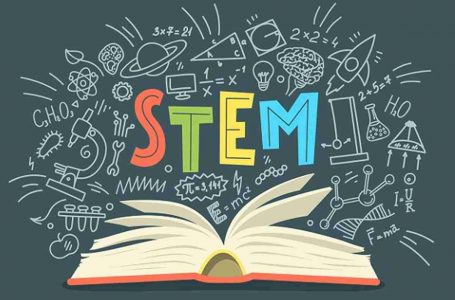Logical Reasoning Key to Scientific Breakthroughs
Logical Reasoning is something you have as an innate quality or something that you can develop. In the process of logical reasoning you use many tools. Some of them are arguments, statements, and axioms. You use logical reasoning to test whether something is true or false. There are various types of logical reasoning. They are namely deductive, inductive, and abductive reasoning.
- Deductive reasoning
- Major premise: All dogs are animals
- Minor premise: Terry is a dog
- Conclusion: Terry is an animal
- Deductive reasoning
- Deductive reasoning uses the concept of premises. It uses existing information, rearranges this information, and draws a conclusion.
Inductive reasoning
This type of reasoning uses generalizations. Therefore inductive reasoning is risky. It is like hypothesizing that “all swans are white”. Inductive reasoning does not draw conclusions on meticulous observational results. Rather, it uses generalization results to arrive at the conclusion. So in this example, if a black swan is spotted, this type of reasoning becomes incorrect. However, inductive reasoning is popular and is widely used in physics and philosophy.
Abductive reasoning
Abductive reasoning has similarities with inductive reasoning. An example is as below. Major premise: The bucket is filled with nylon clothes Minor premise: I am holding a nylon cloth in my hand Conclusion: The nylon cloth was taken out of the bucket
Abductive reasoning concludes based on the most plausible probability. Scientists and researchers use this type of reasoning to draw conclusions based on probabilities.
Formal reasoning
It is a type of deductive reasoning. It uses existing information, rearranges it, and arrives at conclusions. No new information is generated.
Informal reasoning
Has all the principles and practices of formal reasoning. Additionally, it uses probabilities and truth analysis to arrive at conclusions.
Logical reasoning is universal
Logical reasoning is often one of the sections in aptitude tests. It is a universal skill. Every job and profession makes use of the theories, principles, and practices of logical reasoning. Good logical reasoning skills are in high demand today. Everyone uses logical reasoning sub-consciously. Learning it and defining it in your everyday work increases your efficiency. You are able to understand information better. Your analytical skills improve. You are able to question and reason information.
Logical reasoning in scientific research
Observation
The initial foundation of logical reasoning is observation. Observing natural phenomenon is the first step towards understanding and hypothesizing.
Theories
Scientists use the principles of logical reasoning to arrive at reasons towards a possible phenomenon. Scientific research inculcates various logical reasoning techniques. Theories are formed out of these computations. Theories are further divided into hypothetical inferences and problems.
Predictions
Logical reasoning helps researchers predict the outcomes of their scientific experiments. Scientists need to test their theories and hypothetical inferences. Prediction-testing is an important constituent of any scientific experiment. Logical reasoning techniques are used extensively in this process.
Data
Logical reasoning in scientific analysis generates test data. This data is used to consolidate the prediction process.
Conclusion
Logical reasoning is the key to scientific experiments and hence enables scientific breakthroughs. Without logical reasoning, scientific analysis may not lead to discovery.





